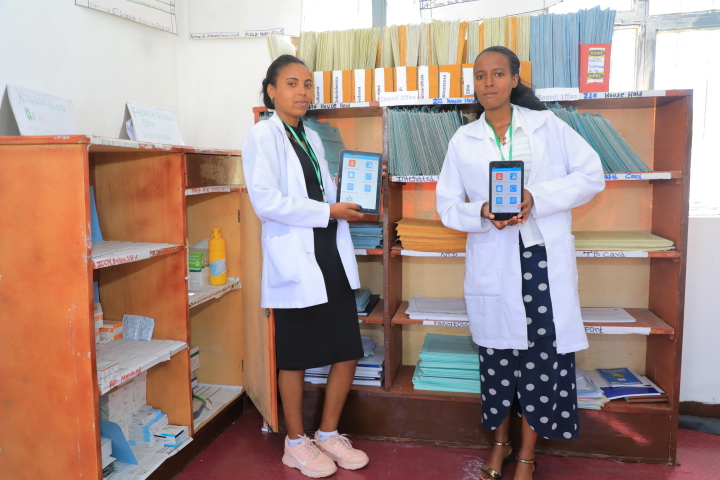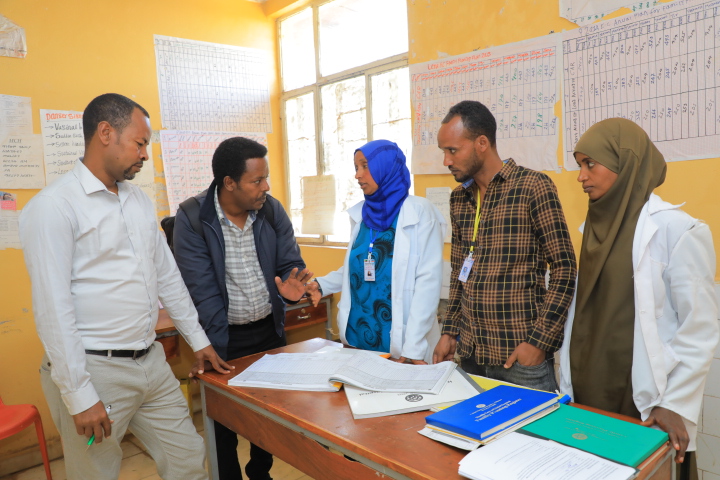Implementation Research
Through the embedded implementation research initiative, DUP generates evidence to advance the culture of data use for decision-making across the health system. This helps health sector actors understand what systems, interventions, and strategies contribute most effectively to better data quality and data use, which improves key health outcomes.

By building capacity and engaging decisionmakers in all phases of the implementation research process, including problem identification and proposal development to interpretation, we are able to create a sense of ownership, build trust, and facilitate the translation of evidence into action.
DUP supports 12 embedded implementation research projects that focus on understanding and addressing data use bottlenecks for evidence-based interventions. The collaborative research teams include the Ministry of Health, regional health bureaus, and six universities (Addis Ababa, Jimma, Mekelle, Hawassa, Gondar, and Haromaya) that participate in the Capacity Building and Mentorship Program.
Our work in this area includes:
- Conducting research to investigate the implementation and applications of health information system (HIS) and eHealth initiatives, creating a pool of evidence for informed decisions.
- Identifying, documenting, and studying best practices from the field of implementation, seeking to expand and replicate the experiences to the country’s wider health system.

- Examining digitization implementation guidelines, information use standards, application of health management information system (HMIS) tools, and community health information system (CHIS) implementation.
- Producing a body of knowledge and policy briefs for policymakers.